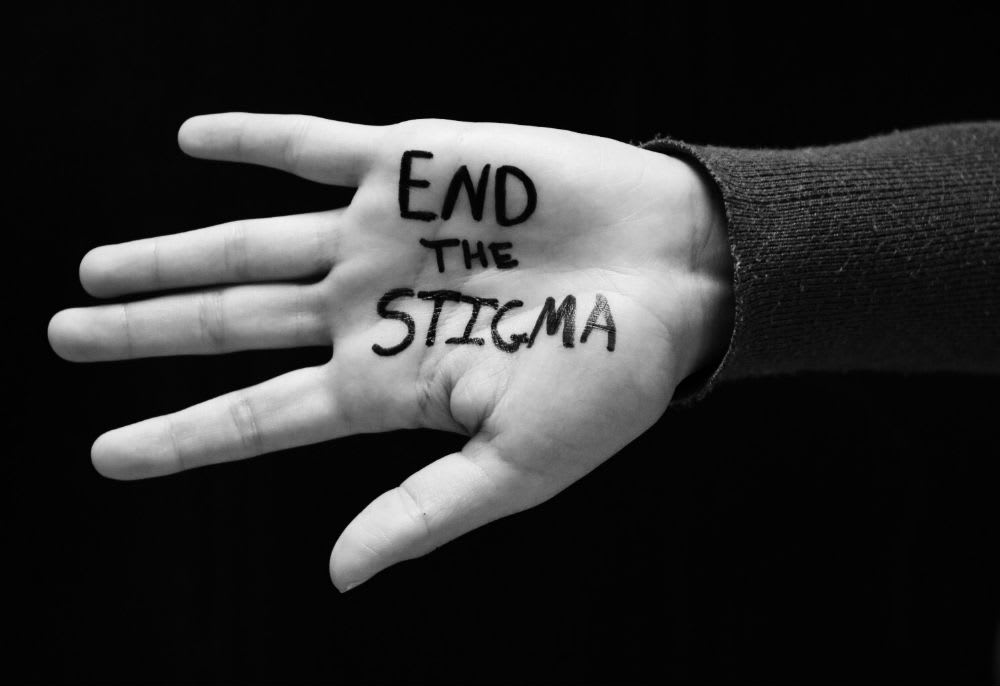Mental Health Awareness Month observance is 70 years old now and has been observed in May in the United States since 1949, reaching millions of people in the United States through the media, local events, and screenings. Mental Health Month was established in 1949 to increase awareness of the importance of mental health and wellness in Americans’ lives, and to celebrate recovery from mental illness.
Mental health is essential for a person’s overall health. Prevention works, treatment is effective, and people can recover from mental disorders and live full and productive lives.
Approximately one in five adults in the United States, 43.8 million, or 18.5%, experiences a mental illness in a given year and approximately one in five youth aged 13–18 (21.4%) experiences a severe mental health disorder at some point during their lifetime. For children aged 8–15, the estimate is 13%. It’s important to remove the stigma. Mental illness is not prejudiced; as mental health disorders affect men and women of all ages, races and social classes.
Mental health is important for our physical health and vice versa. A well-balanced diet, social connectedness, a healthy sleep schedule, exercise, gut health, and hydration all affect our mental health and our physical health equally. Studies have shown that individuals who have chronic medical illnesses such as diabetes, high blood pressure or autoimmune disorders have a higher likelihood of being diagnosed with a mental health disorder such as depression or anxiety. Our bodies and mind act as one unit and therefore it is important to care for both our emotional and mental states as well as our physical health.
Changing your health by changing your habits
We can improve mental health by encouraging individuals to focus on the following healthy aspects of their daily lives in order to promote mental wellness:
• Take time for yourself every day- only you can do it.
• Stay away from toxic thoughts, toxic people, and toxic conversations
• Maintain uninterrupted sleep for 8 hours each night. Restorative sleep reduces inflammation.
• Consume more whole grains, greens, unprocessed foods, lean meats and unsaturated fats.
• Eat 2-3 well-balanced meals per day. Avoid sugars, greasy foods, salts, processed foods and saturated fats.
• Drink at least 3 liters of water per day.
• Consume natural probiotics such as yogurt, miso, sauerkraut, kefir, and kimchi.
• Engage in a physical for at least 30 minutes a day.
• Engage in positive thoughts and conversations.
• Practice mindfulness at least 8 minutes a day or meditation on a daily basis.
• Learn how to manage your stress.
• Stay present in your daily relationships.
• Avoid “screen time” and engage in more “in person time”.
• Visit your doctor for preventative health and cancer screenings.
Small changes have big impacts
For the month of May, Mental Health America and NAMI are challenging you to make small positive changes in your life that can benefit your mind and your body. Document these changes and feel free to share on social media. You may be surprised by how much positive impact one small change can have on your life.
We are excited to provide a new, safe and highly effective TMS- (transcranial magnetic stimulation) therapy in our office. Please visit https://shoreclinicaltms.com



